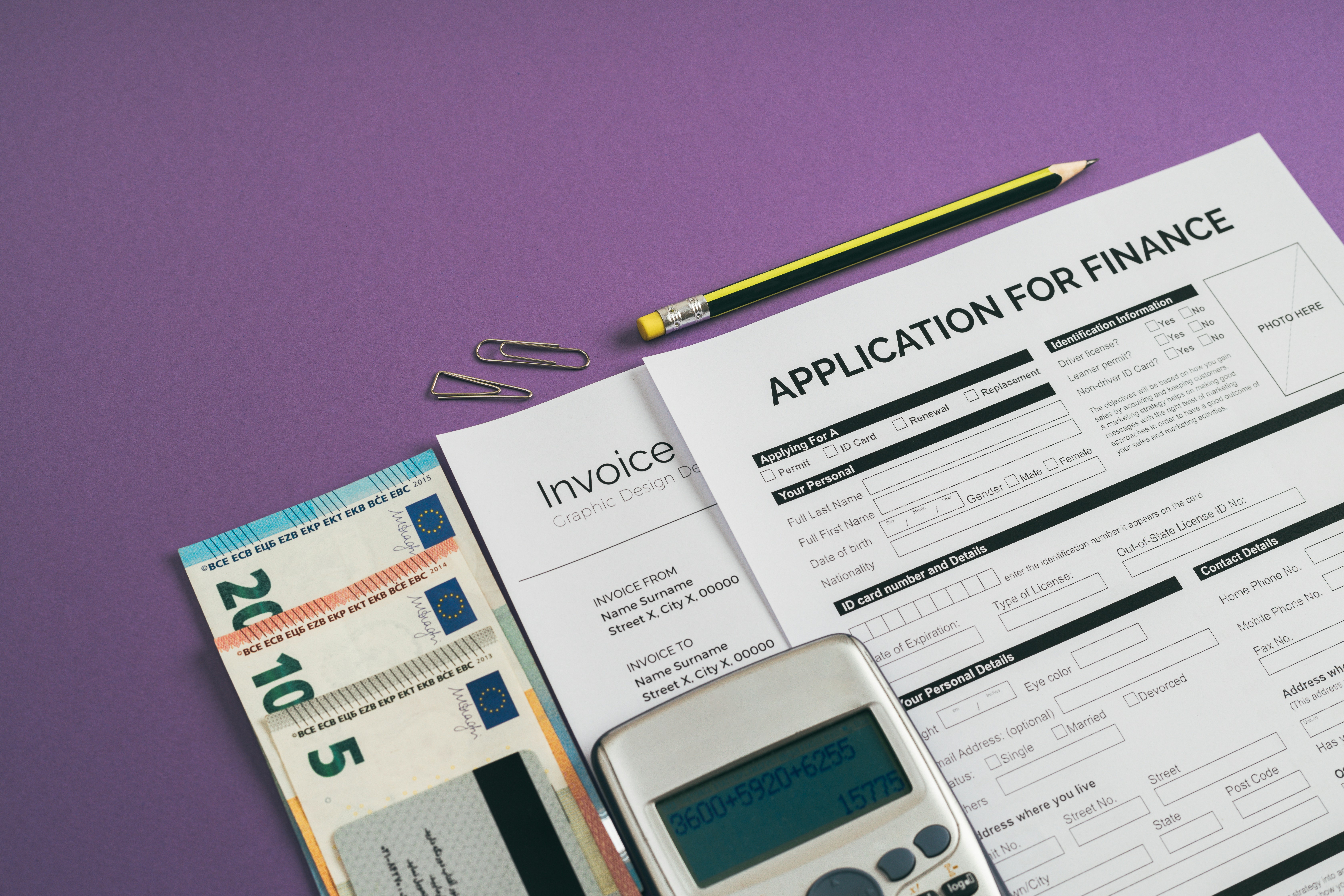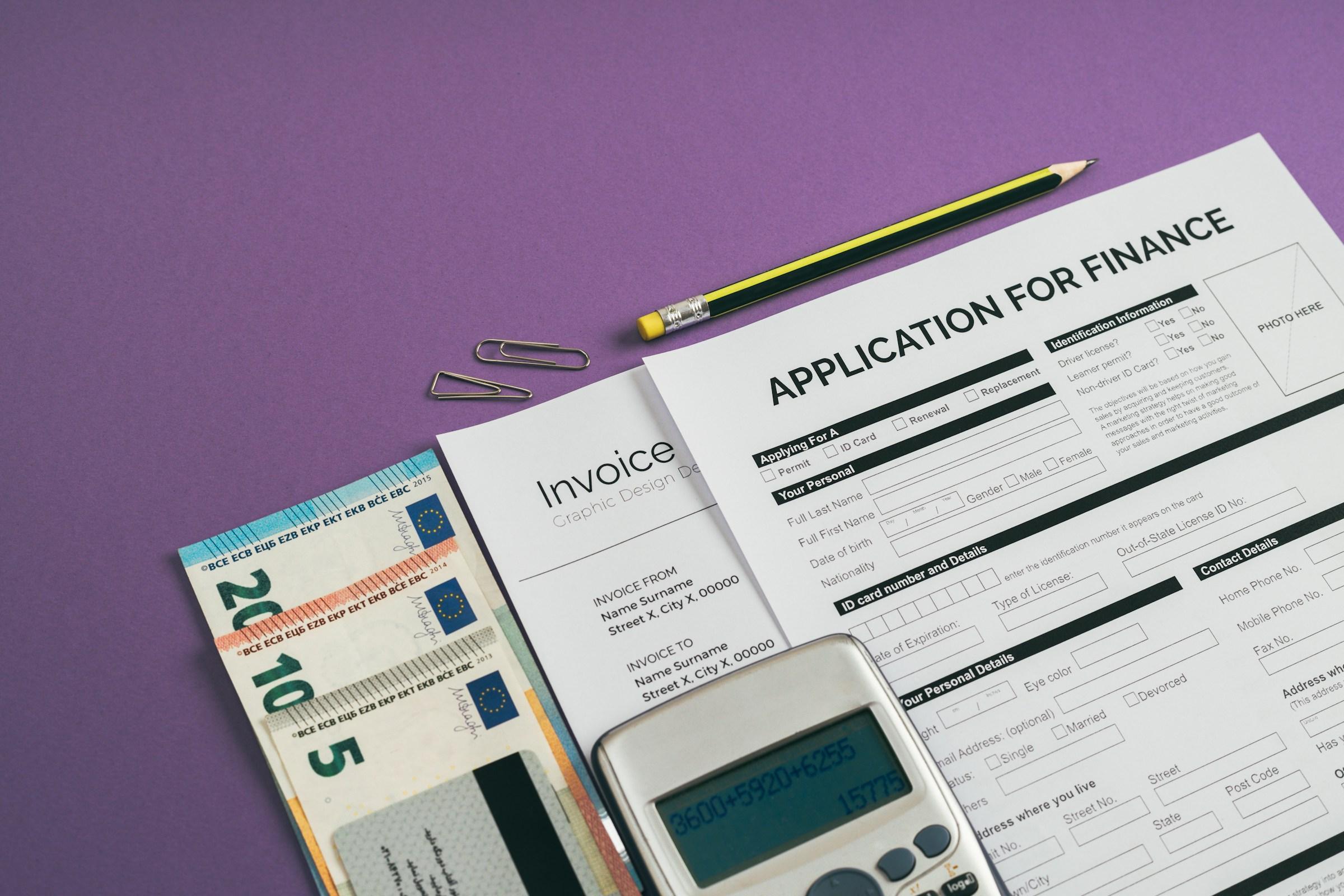When a big expense appears on the horizon, it is natural to start thinking about how to spread out the cost. An installment loan often seems like a neat, organised answer. You receive a lump sum upfront, repay it in fixed monthly amounts, and avoid the shock of watching your savings balance fall in one painful moment. At the same time, a quiet voice in your head might be asking whether you are taking on more than you should, or whether this extra commitment will limit your choices later. That inner hesitation is not a bad sign. It is a signal that you want to borrow thoughtfully, and that you care about how today’s decisions affect your future self.
To decide if an installment loan is the right choice for you, it helps to step back from the marketing messages and the pressure of the immediate expense. Instead of asking only whether you can qualify for the loan, or whether the monthly amount looks manageable at first glance, it is more helpful to ask a deeper question: does this loan support the life you are trying to build. That type of question leads you to think about your goals, your cash flow, and your tolerance for risk, rather than only the short term convenience of “buy now, pay later.”
First, it is helpful to be clear about what an installment loan actually is. In simple terms, it is money you borrow as a lump sum, repaid through regular, equal payments over a fixed period. Many products fall into this category, such as personal loans used for weddings, renovations, medical treatments, or consolidating debt, as well as education loans or point of sale plans for big ticket items. The interest rate is usually fixed, the tenure is set, and the monthly payment does not change. This predictability can feel comforting. Compared to a credit card balance that goes up and down, an installment loan lays out a clear schedule from day one.
However, the same predictability that feels reassuring also means you are making a promise to commit part of your future income every single month until the loan ends. Life, unfortunately, does not always move in a straight line. Jobs change, families grow, emergencies happen, and priorities shift. So the question is not simply whether you can handle the payment this month, but whether you are comfortable carrying that commitment across different seasons of your life.
One helpful way to approach this decision is to think about three aspects of the loan: the reason, the repayment, and the risk. If all three are aligned with your situation and your values, an installment loan can be a sensible tool. If even one feels out of sync, it may be wise to pause, adjust the plan, or look for alternatives.
Start with the reason. Ask yourself honestly what you are using the money for and how long the benefit will last. Borrowing for something like education, skills upgrading, or a home improvement that genuinely improves your living conditions for years can be very different from borrowing for a short holiday or a luxury purchase that will feel exciting for a few weeks but fade quickly into the background of your life. A useful question is whether the value you get from this expense will last at least as long as the loan tenure. If you are going to be repaying the loan long after the item or experience has lost its importance to you, that is an early warning sign.
It is also worth separating what is essential from what is simply nice to have. Some expenses feel unavoidable: urgent medical bills, necessary repairs, or basic household needs. Others are about lifestyle and preference, such as upgrading gadgets, redecorating for aesthetic reasons, or buying non essential items because a promotion looks attractive. When the expense sits in the “want” category rather than the “need” category, the bar for justifying a loan should be much higher. You can ask yourself whether you could delay the purchase and save up over the next six to twelve months instead. The more optional the expense, the more sense it makes to rely on saving rather than borrowing.
Once you are clear on why you want the loan, it is time to examine the repayment side. Many people look only at whether the monthly amount fits into their current numbers. They calculate their income, subtract existing bills, and see if there is enough left over to cover the new installment. On paper, this exercise might suggest the loan is affordable. But a healthier way to think about it is to ask whether the repayment fits comfortably and resiliently into your life.
To do that, look at your full list of commitments. Include housing, utilities, groceries, transport, insurance premiums, childcare or education costs, current debt repayments, and regular savings or investments. Then add the new monthly installment and see what is left. You want to know not only whether the math works in a perfect month, but also how sensitive your finances are to small changes. If your salary is delayed, your commission is lower than expected, or your expenses spike for a couple of months, can you still meet the installment without panic. If this new loan pushes you to the point where you are living with almost no buffer, it may be technically affordable but emotionally and practically fragile.
Some people find it helpful to set a personal limit for how much of their take home income they are comfortable locking into fixed debt repayments. This is not a strict rule that applies to everyone in the same way. It is more like a boundary that protects your ability to save and handle surprises. If taking on a new installment pushes your total debt commitments far beyond your comfort level, it is a sign that either the loan amount, the tenure, or the timing may need to change.
Tenure deserves special attention. Longer tenures make monthly payments smaller, which can make the loan feel less intimidating. However, they usually increase the total interest you pay over the life of the loan. Shorter tenures raise the monthly commitment but reduce the overall cost. Choosing a tenure is really a balancing act between comfort and cost. You can ask yourself whether you are stretching the loan so long that it will still be around when you expect your responsibilities to change, for example when you plan to have children, care for aging parents, or make a career change. The goal is to avoid tying your future self to a payment schedule that no longer fits your life.
After thinking through reason and repayment, turn to risk. This part is about your income stability, your safety net, and your own financial habits. No one can forecast the future perfectly, but you know better than anyone how secure your job feels, how volatile your business income is, or how likely it is that you might make a major life transition soon. If you are in a stable role, with steady earnings and good prospects, a fixed installment may feel quite manageable. If your income fluctuates or you are contemplating a move, a career switch, or starting a business, adding a new fixed payment could feel much heavier.
Your emergency fund plays a big role here. If you have three to six months of essential expenses saved in cash or very liquid instruments, you are in a stronger position to carry a loan than if you have little or no cushion. Without savings, one setback can force you into more expensive debt simply to keep up with the existing installment. In that situation, it might be wiser to focus on building a basic emergency fund before adding new obligations.
There is also a behavioural dimension. Installment loans can create an illusion of affordability because each individual payment looks small and manageable. It becomes easy to say yes one more time, and then again, until you are juggling several loans at once. You might tell yourself that each one is just a small amount, but the total can become a significant drain on your income and mental energy. If you know that you are vulnerable to this pattern, it can be useful to set strict rules for yourself, such as limiting the number of concurrent loans or avoiding installment plans for discretionary spending altogether.
Once you have considered the three lenses of reason, repayment, and risk, take a moment to compare the installment loan with your alternatives. Sometimes, a personal loan with a fixed term is actually a better choice than leaving a balance on a credit card, because it forces you into a clear schedule that ends. In other situations, using your savings might be better, even though it feels uncomfortable in the short term. The true cost of each option includes not only the stated interest and fees, but also the flexibility or stress it creates in your life.
If the loan you are considering is a point of sale plan that is advertised as zero interest, slow down before accepting. Read the fine print. Are there processing fees, late payment charges, or conditions that could change the cost if you miss a payment. Does the plan penalise you for early repayment. Some offers are genuinely low cost, especially if you have already planned the purchase and set aside money for it. Others simply shift the cost into different types of fees so that the marketing looks attractive while the actual cost is higher than expected.
It is also helpful to test the decision against your long term goals. If you are working toward a home deposit, retirement savings, or your children’s education fund, ask how this loan affects those priorities. Will the monthly installment reduce the amount you can regularly set aside. Are you comfortable with that tradeoff. There is nothing wrong with choosing short term comfort or joy in some moments, as long as you do it consciously and not by accident. The problem arises when multiple small decisions slowly erode your progress toward the goals that matter most.
Look too at your overall debt picture. If you already have education loans, a car loan, or other personal loans, adding one more commitment may weigh you down more than you realise, even if each individual payment appears manageable. Debt is partly about numbers, but it is also about how you feel when you look at your bank app at the end of the month. Many people underestimate the stress of having too many separate payments to track, deadlines to remember, and balances to think about. If you are already feeling stretched or anxious, a new loan may not be worth the additional mental load.
At the same time, it is fair to acknowledge that for some people, a structured repayment plan can support positive change. If you find it difficult to save consistently for big goals, the discipline of a monthly installment for a meaningful investment in yourself such as a course, a certification, or an essential upgrade to your living conditions can be useful. In such cases, the loan functions like a commitment device. You are promising your future self that you will keep showing up every month to fund that decision. The key is still to understand the cost and ensure that the commitment fits within a thoughtful plan.
Before finalising anything, it can be powerful to put your thoughts on paper. Write down what you want the loan for, the amount, the interest rate, the tenure, the monthly payment, and any fees or penalties. Note what you will need to adjust in your budget to create space for this new obligation. Then ask yourself how you imagine feeling about this decision one year from now, and five years from now. Would you look back and say it was worth it. Or would you wish that you had waited, chosen a smaller amount, or taken a different path entirely.
There is no universal verdict that says installment loans are always good or always bad. The same product can be a wise move for one person and a poor choice for another, depending on timing, purpose, and overall financial health. What matters is alignment. If your reason is solid, your budget can carry the payments with room to breathe, your risk level feels acceptable, and your long term goals are still on track, then an installment loan can be a useful financial tool. If any of those areas feel shaky or uncertain, you are allowed to slow down and reconsider.
In the end, deciding whether an installment loan is right for you is not a test of how clever or sophisticated you are with money. It is a question of whether your borrowing choices reflect the life you want and the values you hold. You do not need to chase complicated products or act quickly just because something is on promotion. What you need is clarity, calm, and a plan that still feels right when the excitement of the purchase has faded.













-1.jpg&w=3840&q=75)
